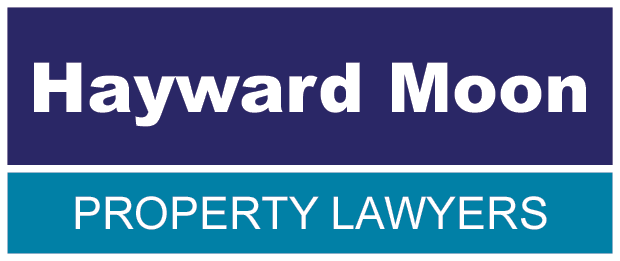What is The Minimum Energy Efficiency Standard (MEES)?
MEES was first established in the The Energy Efficiency (Private Rented property) (England and Wales) Regulations 2015 and currently require landlords granting a new lease of a commercial premise to hold an energy performance certificate with an E rating or above, unless they have registered a valid exemption. However, with effect from 1st April 2023 this requirement will be extended to both new and existing leases unless the exemptions apply. This means that landlords cannot continue to let or sub-let a commercial property with an EPC rating of less than E.
What exemptions are available?
There are various exemptions including, the seven year payback test, third party consent and devaluation. However, the landlord will only have 5 years to improve the EPC rating before the exemption expires. There are also general EPC exemptions that apply if the building is listed or a detached building with a floor space under 50m2. The full list can be found on the gov.uk website.
Why does compliance matter?
Landlords that fail to comply and let a sub-standard property with an EPC rating of F or G will be liable for costly penalties. The financial fines can vary dependant on the length of the breach. For letting a non compliant property for less than 3 months, the penalty can range from 10% of the rateable value with a minimum of £5000 and a maximum of £50,000. If the none compliant letting is for more than 3 months, a fine can be imposed of 20% of the rateable value with a minimum fine of £10,000 to a maximum of £150,000.
It is important landlords check the EPC of their properties to ensure the EPC rating meets the minimum standard. If the landlord finds a property is sub-standard they consider making any necessary improvements taking into account the exemptions that may apply and the timeframe available to carry out the necessary improvements.



